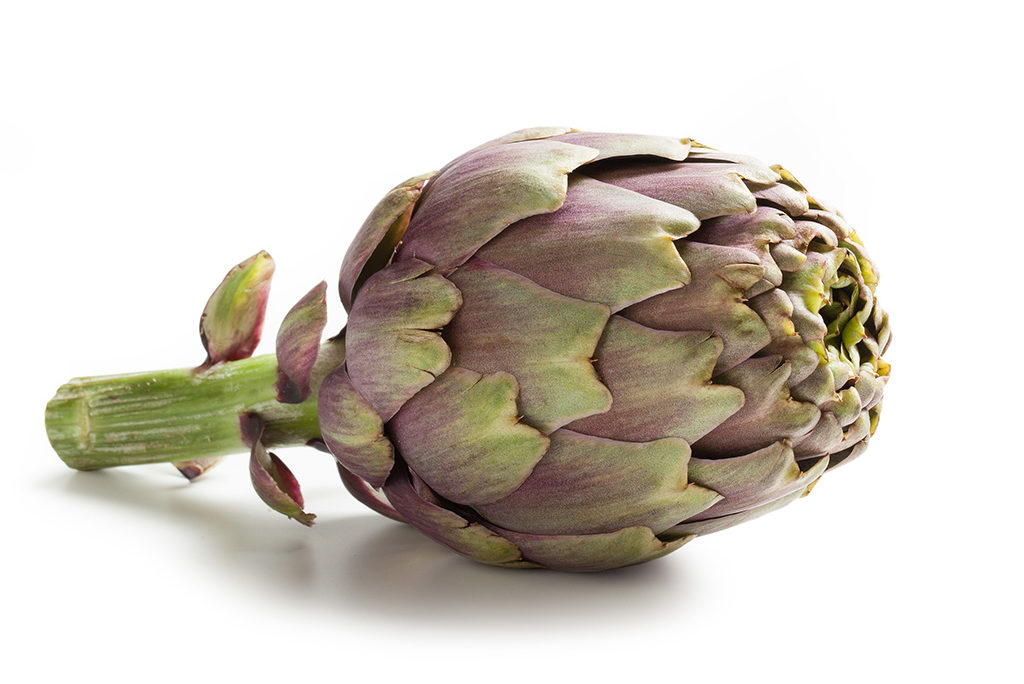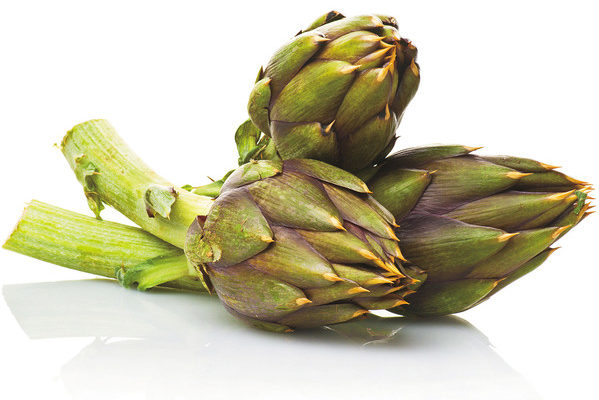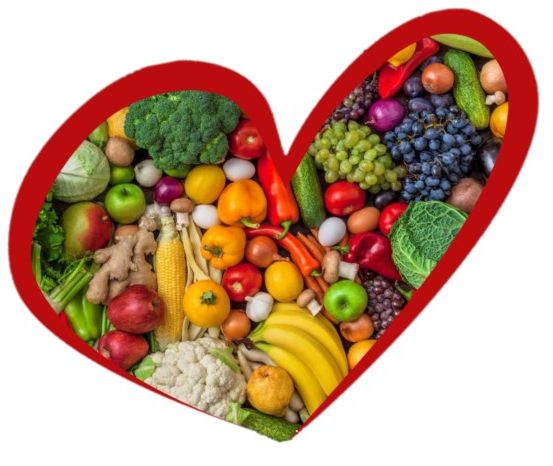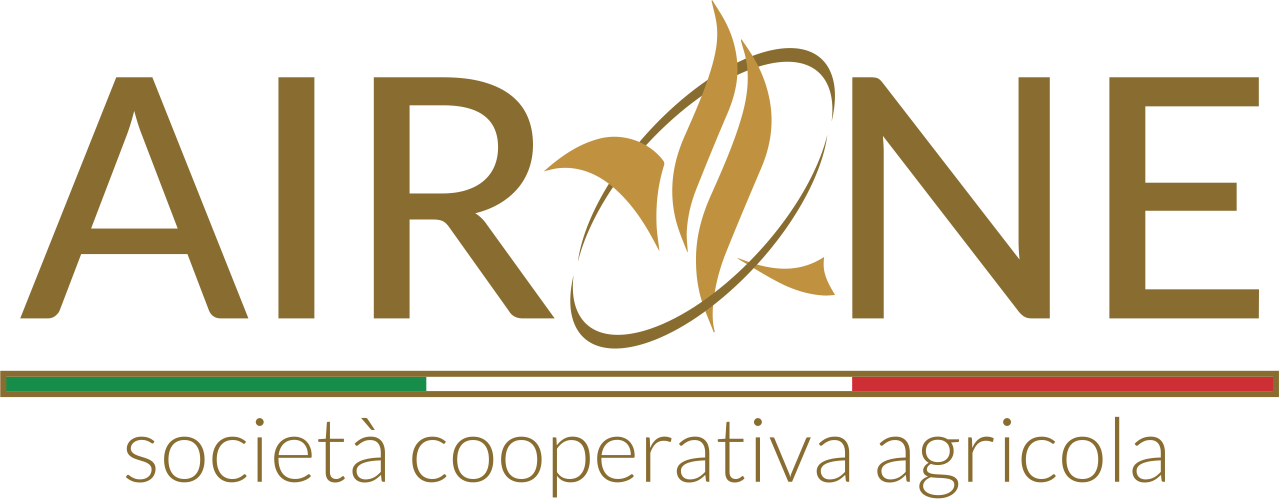The artichoke is a typical Mediterranean vegetable, known and appreciated since ancient times for its valuable organoleptic characteristics and health properties.

Features
the artichoke is characterized by a basal floral enlarged portion, fleshy and succolenta (the heart), protected with bracts shaped scales, according to the variety, ending or less with a sting (spine).

Nutritional values
After the water, the main component of the artichokes are carbohydrates, among which are distinguished the inulin and the fibers.
The major minerals are sodium, potassium, phosphorus and calcium.
Among the vitamins prevails the presence of B1, B3, and small amounts of vitamin C.

Benefits
The most important quality concerns liver ensure proper operation.
Lowers Cholesterol, It improves digestion and diuresis.
Also seen as a natural protector against cancer, thanks mainly to the content aniossidanti.
Curiosity
In the European Renaissance painting, the artichoke is represented in different frameworks including:
-The gardener Vincenzo Campi,
-Floris van Schooten Kitchen,
-Nature died of asparagus, artichokes, lemons and cherries Blas De Ledesma,
-The summer and "Vertumnus" Arcimboldo.
Production Calendar




